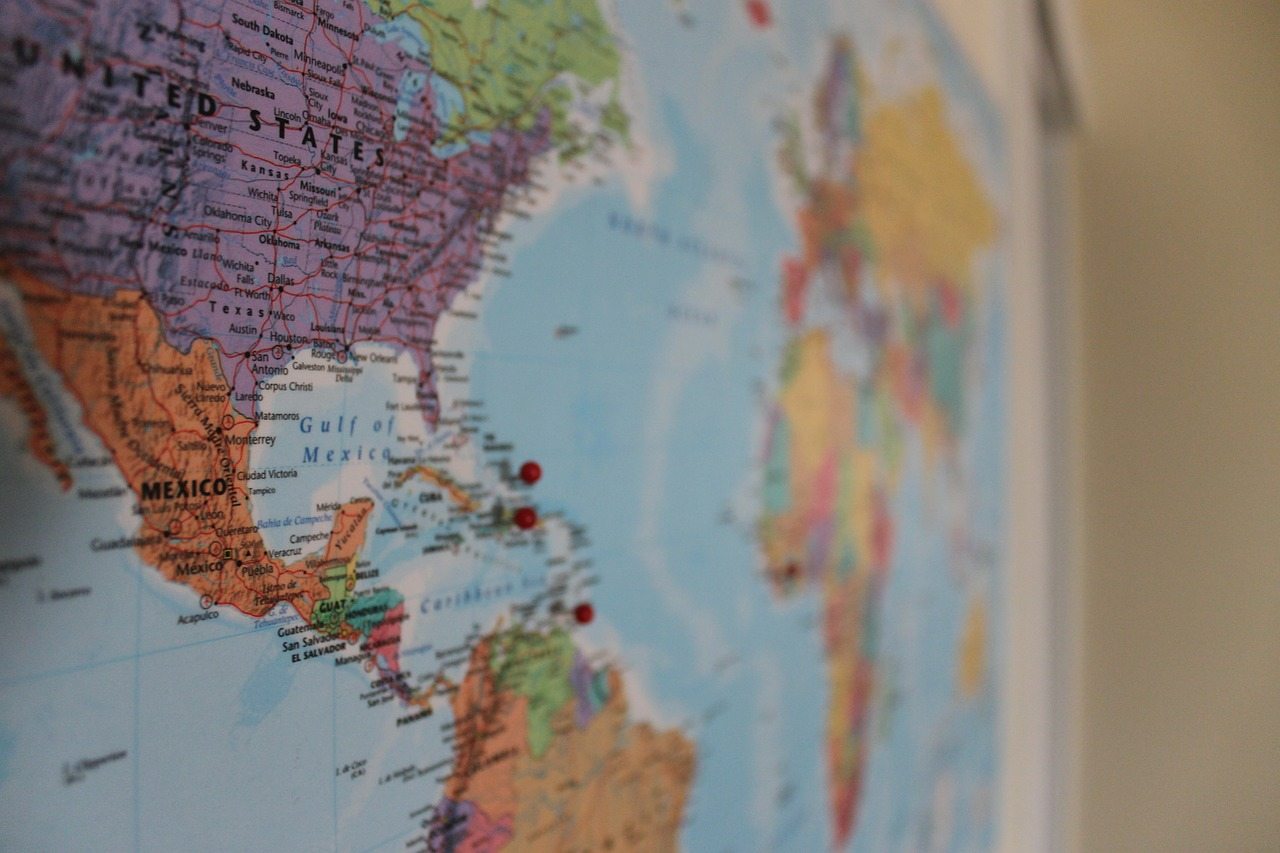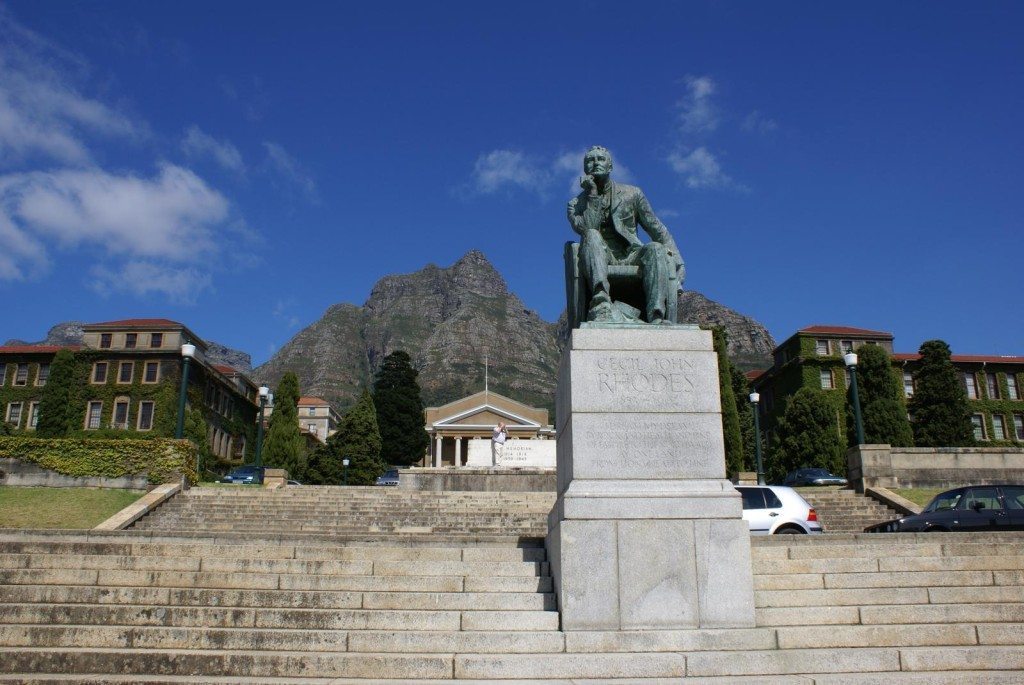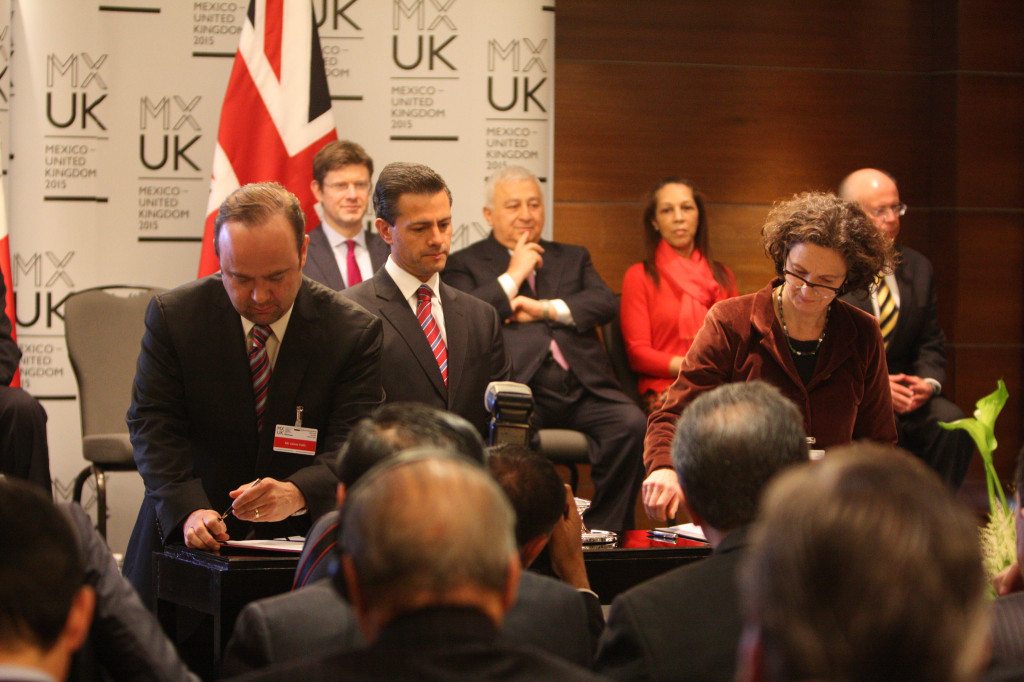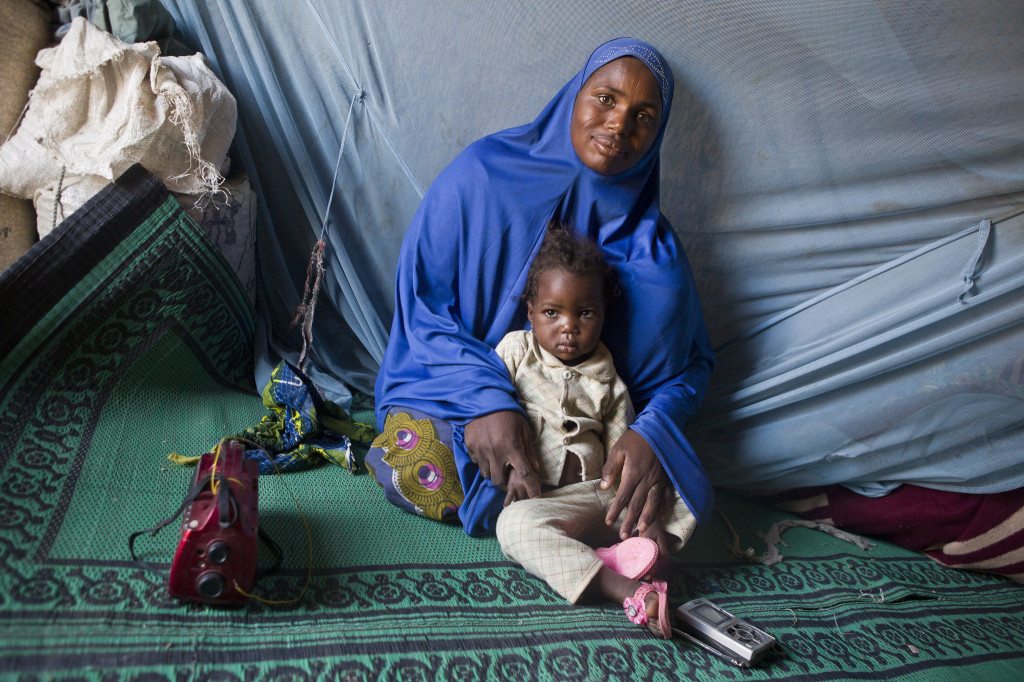Top student stories from around the world – 30 March
The first edition of our latest feature, the Boar will report the top student stories from across the world each week.
This week’s news comes from the University of Cape Town (South Africa) where students are protesting for the removal of a pro-colonist statue, a deal signed by UK and Mexico to improve student mobility between the two countries, and the American University of Nigeria’s initiative to provide food to those displaced by Boko Haram terrorism.
SOUTH AFRICA student protesters campaign for racial equality
Students are protesting at the University of Cape Town (UCT) for the removal of a statue of Cecil John Rhodes at the University through the #RhodesMustFall campaign.
The statue has become controversial in recent weeks as some students have voiced concerns that the statue embodies a wider problem of the racial inequality which still exists in South Africa.
In protest, a Politics student, Chumani Maxwele, poured a bucket of excrement over the statue of Rhodes earlier this month.
In response, the University senate decided on 27 March to cover the statue until further decisions were made. The statue has been concealed with black bags and tape until a final decision is reached.
Rhodes, who was a 19th Century South African politician, was a British colonist and had a strong colonial outlook.
Nombulelo Nyathela, a spokesperson from Equal Education South Africa, suggested that the legacy of Rhodes was the reduction of the Black population to cheap labour.
Ms Nyathela stated: “University campuses dominated by white academics, neo-liberal curricula and symbols of racial oppression are expressions of this crisis.”
Black academics are still a minority in South Africa’s universities. By 2013, the New York Times claims that just three percent of UCT’s academic staff were black.
Inyathelo, a not-for-profit higher education support group, suggests that only ten percent of black South Africans have access to Higher Education, whilst only five percent finish their degrees.
MORE: The symbolic statue dividing a South African university
UK-MEXICO deal to improve mobility
The UK and Mexico have signed an agreement which will which means students’ qualifications will be mutually recognised in both countries.
According to the British Council, this will enable both countries to fill gaps in skilled jobs such as energy and healthcare.
Currently, UK degrees are not recognised as full qualifications in Mexico and the same is the case for Mexican degrees in the UK.
However, under the new agreement, students from either country will be able to use their qualifications in the other country to gain professional employment.
A representative from the Student Assembly of the Faculty of Medicine at the National Autonomous University of Mexico, told the Boar: “Our country is going through a social crisis, including economical issues, government oppression, lack of jobs, privatisation of natural resources.
“Therefore, the people that have a degree tend to leave looking for better opportunities on other countries.”
They added: “The Mexican health system (mostly because of the government corruption) doesn’t have the resources to offer enough jobs for the graduates.”
It is also hoped that this will encourage more Mexican students to study in the UK.
April Roach, a second-year undergraduate from the Netherlands, commented: “As a student I think you are always looking to the future to see where you could potentially work with your degree, and knowing with hindsight that your qualification is valid in a certain country must be useful information to know from the outset of your studies.”
The agreement is set to be finalised later this year.
MORE: Qualifications deal to boost UK-Mexico mobility
NIGERIA university caring for the community in the wake of Boko Haram
The American University of Nigeria (AUN) are providing food to 270,000 refugees who have been forced out of their homes due to the violence of Boko Haram.
This comes as a response to the aggression of Boko Haram, an Islamist terrorist group which last year abducted around 500 men, women and children and caused harm to a further 2,000.
In recent months over 400,000 refugees, mainly women and children, have gone to Yola, the capital of Nigeria where AUN in located.
The University is providing food so that both the Catholic Church and Muslim Council can run food banks to provide for the displaced people of Nigeria.
Students, staff and local religious figures help to hand out the basic food supplies of rice, maize and beans to 270,000 refugees.
Last year, Boko Haram abducted 276 girls whilst they were at school. The University now looks after 21 of these girls. AUN provides residence and tuition so that these young women can continue their education whilst also receiving mentoring.
When asked what this education meant to them, Grace, one of the girls, replied: “Education gives me the wings to fly, the power to fight and the voice to speak.”
MORE: University feeds 270,000 taking refuge from Boko Haram




Comments